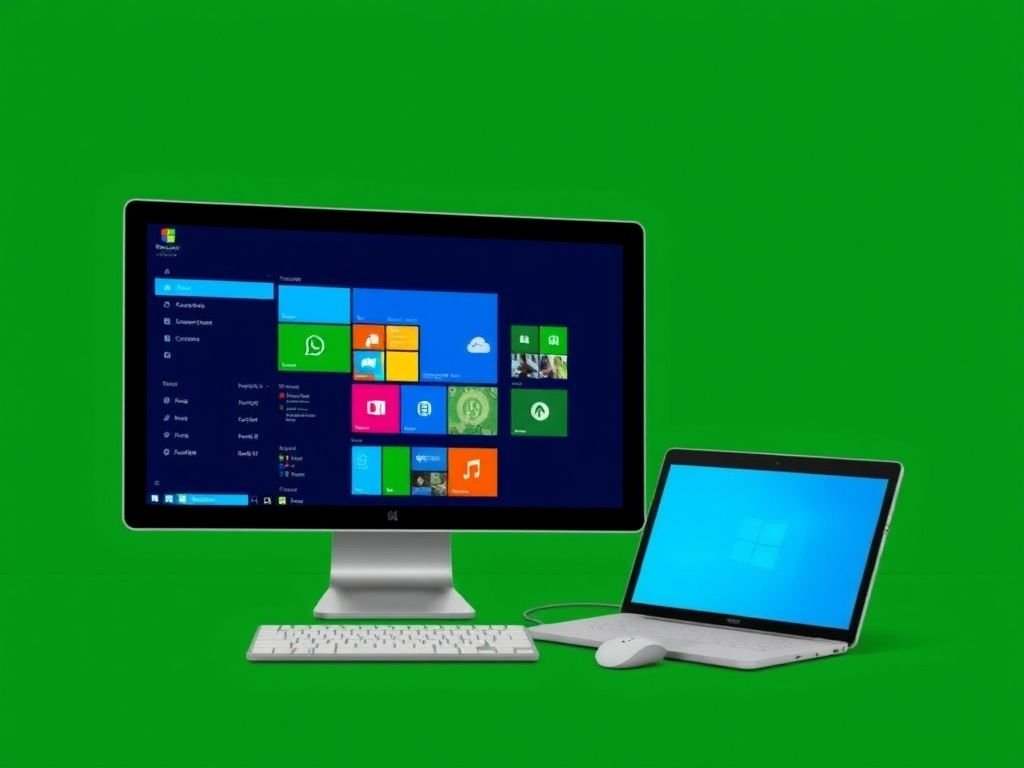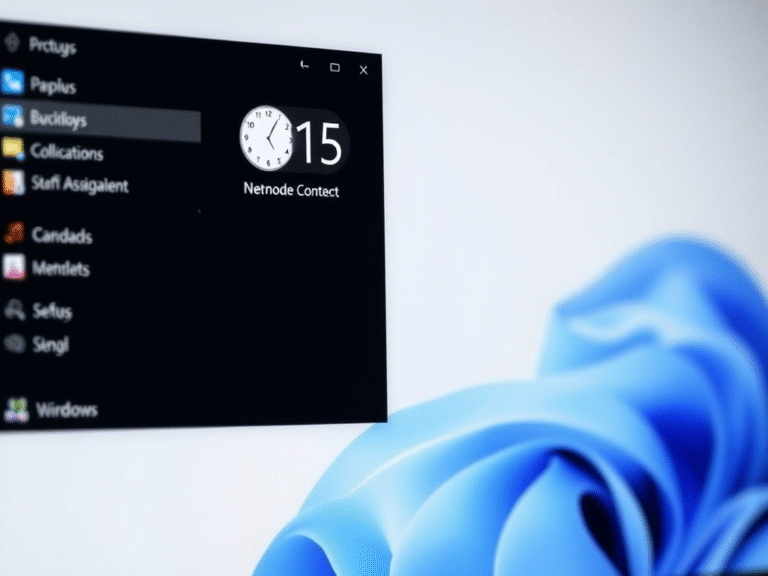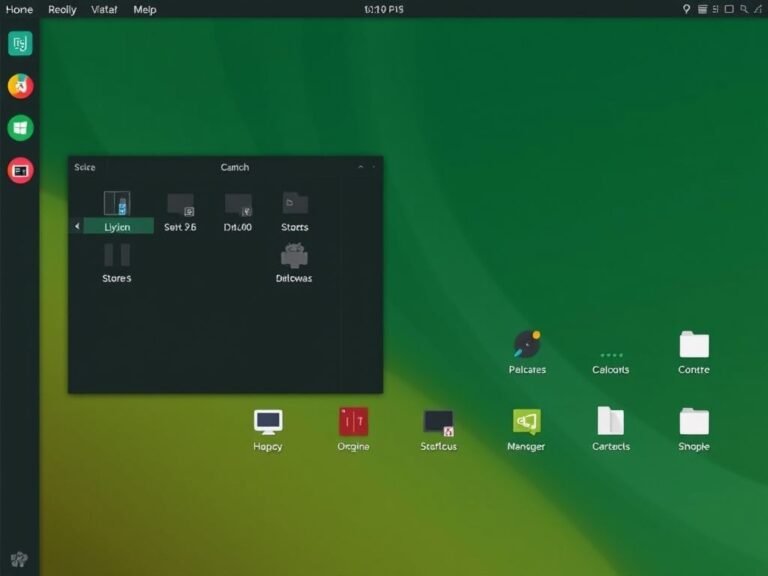Microsoft’s Virtual Desktop Service Steps In When Your Laptop Dies

Microsoft’s Virtual Desktop Service Steps In When Your Laptop Dies
When your work device crashes, gets infected with malware, or becomes unusable after a faulty update, every minute of downtime can mean lost productivity. Microsoft is addressing that pain point head-on with a new addition to its cloud portfolio: Windows 365 Reserve.
Built on the foundation of Windows 365, Microsoft’s cloud-based PC service, this new offering acts like a digital spare tire — giving users instant access to a temporary Cloud PC when their primary device goes down. Whether it’s a hardware failure, a security breach, or an unexpected system error, Windows 365 Reserve ensures employees can stay productive without skipping a beat.
How It Works: Instant Access, Minimal Disruption
Windows 365 Reserve is designed for businesses and organizations using Microsoft’s enterprise ecosystem. It’s a standalone benefit available to commercial customers, providing up to 10 days of emergency cloud PC access per user per year.
When an issue occurs, IT administrators can quickly deploy pre-configured cloud PCs tailored to individual roles — complete with necessary apps, settings, and security policies. Employees can then log in from any secondary device using a modern web browser or the Windows app, resuming work within minutes.
Users receive a clear notification when their cloud PC is ready, along with instructions and the expiration date. To ensure smooth transitions, Microsoft sends a reminder three days before the session ends. Once the primary device is fixed, users can manually deprovision the temporary Cloud PC — preserving unused time for future incidents.
Why It Matters: Speed, Security, and Simplicity
According to Microsoft, Windows 365 Reserve delivers three major advantages:
- Fast Deployment – Get users back online quickly, minimizing downtime during critical workflows.
- Simplified IT Management – Admins can manage cloud PCs through Microsoft Intune, streamlining setup, monitoring, and policy enforcement.
- Enterprise-Grade Security – Every cloud PC inherits the organization’s security posture by default, including conditional access rules and data protection policies. Access can be revoked instantly, and no data is left behind on endpoint devices.
Because everything runs in the cloud, sensitive company data stays protected — even when employees are logging in from personal or public devices during emergencies.
Currently in Preview — But Available to Test Now
As of now, Windows 365 Reserve is in closed public preview. Organizations interested in trying it out can request access by filling out a registration form or contacting their Microsoft account team.
While the service isn’t open to the general public yet, Microsoft emphasizes that it’s part of a broader push toward more resilient computing — one that benefits both enterprises and everyday users in different ways.
What About Regular Consumers?
It’s important to note that Windows 365 — including the Windows 365 Link thin client — is only available to commercial customers. Individual users can’t currently sign up for a personal Cloud PC through this service.
But Microsoft hasn’t ignored everyday Windows users. In fact, the company recently introduced Quick Machine Recovery (QMR), a feature coming with Windows 11 version 24H2 that allows the OS to apply critical updates and fixes directly from the recovery environment — often without requiring user input.
Combined with other stability improvements, Microsoft claims that Windows 11 24H2 will be “the most reliable version of Windows ever.” That means fewer crashes, faster recovery, and less need for external workarounds — even without a cloud fallback.
The Bigger Picture: Resilience as a Service
Windows 365 Reserve reflects a growing trend: treating business continuity not as an afterthought, but as a built-in capability. Instead of waiting days for hardware repairs or manual rebuilds, companies can now pivot instantly to secure, cloud-hosted alternatives.
For organizations reliant on constant uptime — from remote teams to frontline workers — this kind of resilience could be a game-changer.
And while average consumers don’t get a cloud PC safety net just yet, features like QMR show Microsoft is still investing in making local devices more dependable than ever.





